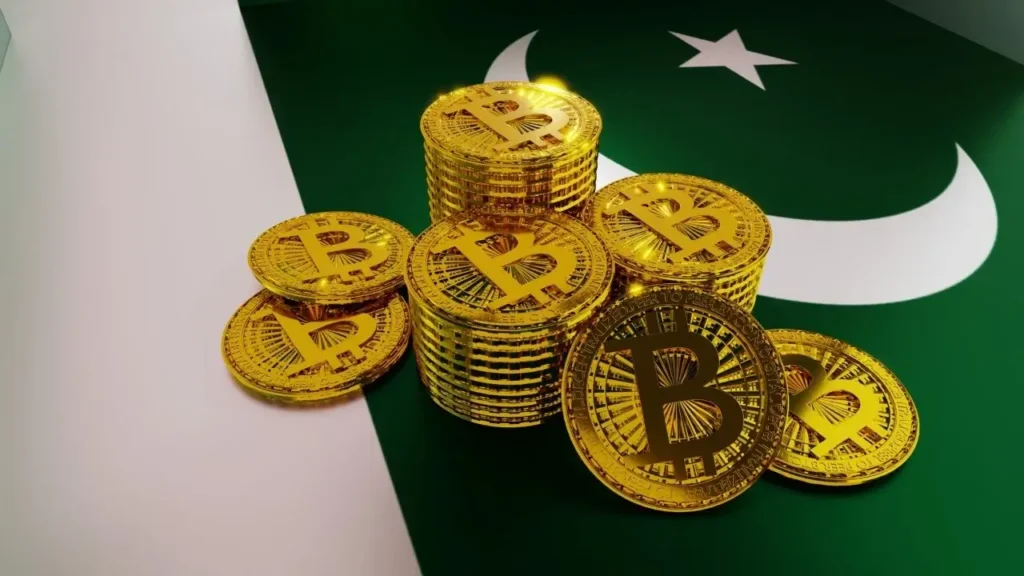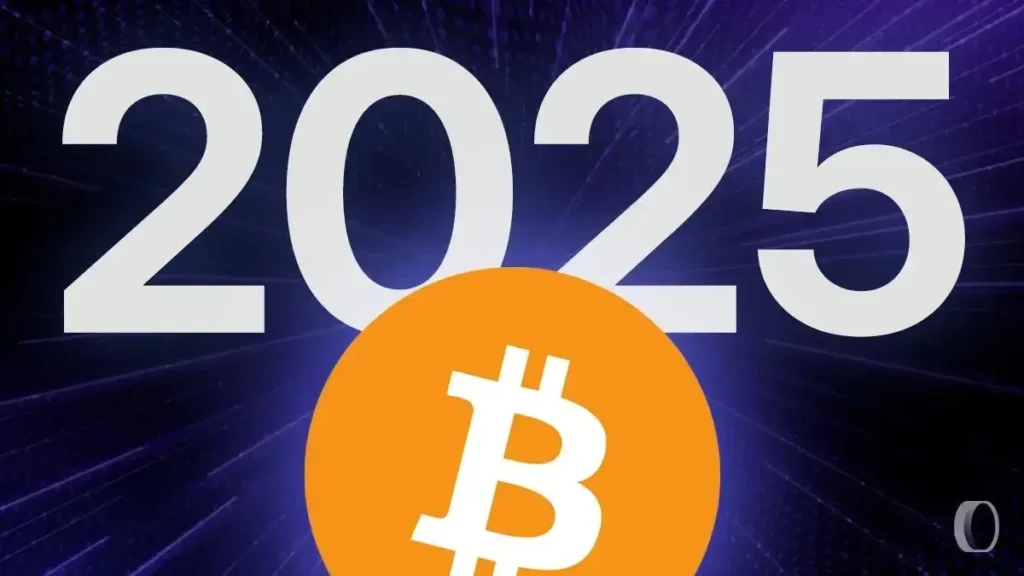Pakistan Reverses Course, Sets Up Strategic Bitcoin Reserve
Pakistan is stepping into the digital currency space with a surprising pivot. After years of opposing cryptocurrencies, the government has now decided to establish a Strategic Bitcoin Reserve. This was confirmed on 28 May by Bilal Bin Saqib, who leads the country’s Crypto Council, during the Bitcoin 2025 conference in Las Vegas.
The announcement signals a sharp departure from Pakistan’s past stance, where officials repeatedly dismissed the idea of legalising crypto. But according to Saqib, recent developments in the United States served as a turning point. The government now sees Bitcoin as something worth holding as part of its long-term financial planning.

Image 1: Pakistan Bitcoin strategic reserve (Source: Bitcoin.com)
A Growing Interest in Crypto Infrastructure
The creation of the Strategic Reserve is only one part of a broader shift in Pakistan’s approach to digital assets. Earlier in the year, the government launched a new body known as the National Crypto Council to build a framework that supports the use of cryptocurrencies and blockchain technologies.
One of the Council’s key goals is to attract foreign investment and encourage local innovation. In line with that, the Pakistani government has begun exploring ways to use surplus electricity for digital infrastructure. In May, officials approved the allocation of 2,000 megawatts of unused power for high-performance computing and Bitcoin mining.
This is especially significant in a country that often struggles with power outages and energy waste. By redirecting leftover energy into productive uses like mining, the government is hoping to turn a long-standing challenge into an economic opportunity.
Another major development is the appointment of Changpeng Zhao, the co-founder of Binance, as an adviser to the Council. Since April, he has been helping Pakistan craft its policies around blockchain and digital assets. His input is expected to shape the country’s regulatory plans and influence how these technologies are introduced to the public.
In a similar vein, the Ministry of Finance has begun forming a separate agency known as the Digital Asset Authority. This body will be in charge of issuing licences to crypto service providers and overseeing the operation of crypto platforms across the country.
Inspired by Global Trends
Pakistan’s move mirrors a broader pattern among other governments that are warming up to Bitcoin. Saqib said the decision was largely influenced by the policy direction of the United States. Earlier this year, American officials announced they would consolidate all government-held Bitcoin—mostly collected through legal seizures—into a formal reserve.
This approach appears to be catching on. In Latin America, Brazil introduced a proposal in 2024 to set aside a portion of its official reserves in Bitcoin. The bill is still under consideration, but if passed, it would see 5% of Brazil’s international reserves held in the digital currency.
Elsewhere, El Salvador once made Bitcoin legal tender. Although it rolled back that status in 2024, it continues to maintain a sizeable reserve of over 6,000 Bitcoin. Bhutan has also built up a notable stash of the asset, with reports suggesting the small Himalayan country holds over 13,000 BTC mined through state-owned operations.
Pakistan now finds itself following that same path. Rather than wait on the sidelines, its government wants to be an active participant in the digital economy.
In April, Pakistani officials also signed a letter of intent with World Liberty Financial (WLFI), a decentralised finance platform linked to former U.S. President Donald Trump. The agreement outlines plans to explore how real-world assets could be converted into digital tokens using blockchain. It also includes support for developing new crypto-based financial products.
Tokenisation is a growing trend that allows assets like property, commodities, or even infrastructure to be broken into digital units and traded securely. For developing nations like Pakistan, this opens up new possibilities for raising capital and building financial inclusion.

Image 2: Bitcoin 2025 (Source: OAK Research)
A New Direction, With Challenges Ahead
While Pakistan’s change of course is noteworthy, it comes with challenges. Implementing digital asset policies will require strong regulatory systems, technical expertise, and public trust. Missteps could expose users to fraud or financial loss.
The creation of the Digital Asset Authority is a key step in reducing those risks. It will play a central role in making sure crypto businesses follow the rules and maintain proper security measures.
Read Also: US Bitcoin Reserve: David Sacks on the Future of Government Crypto Strategy
Still, this is a major shift for a country that not long ago was completely opposed to cryptocurrency. From rejecting Bitcoin to now holding it as part of a national strategy, Pakistan is taking a leap into uncharted territory.

